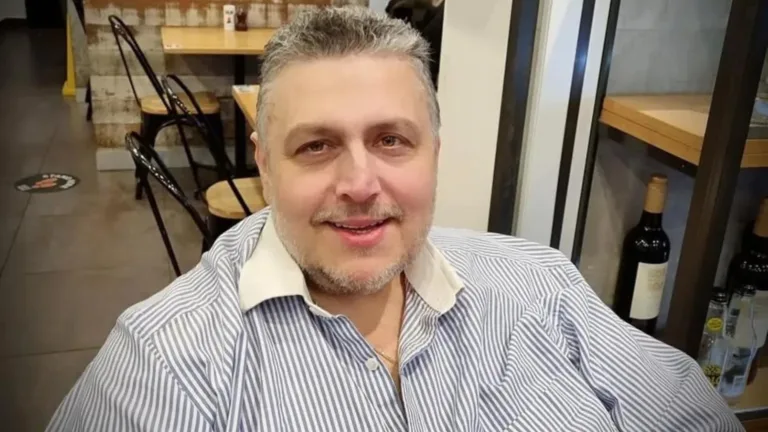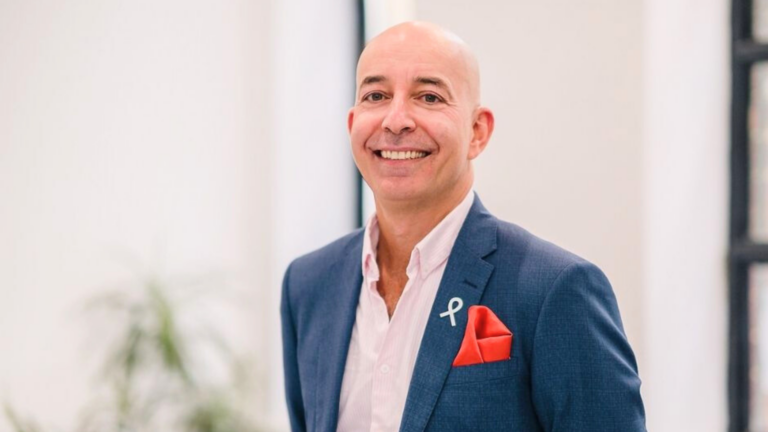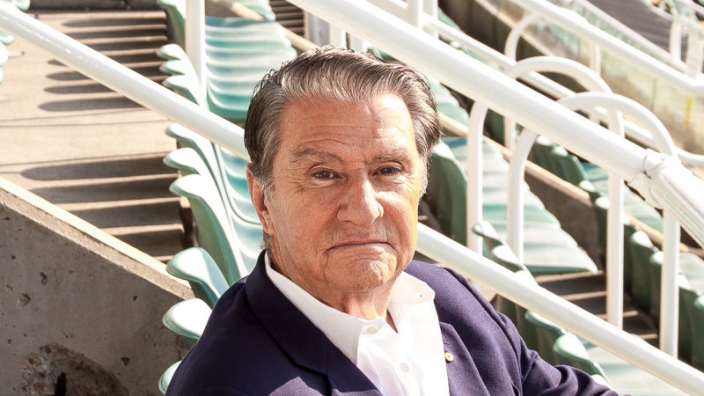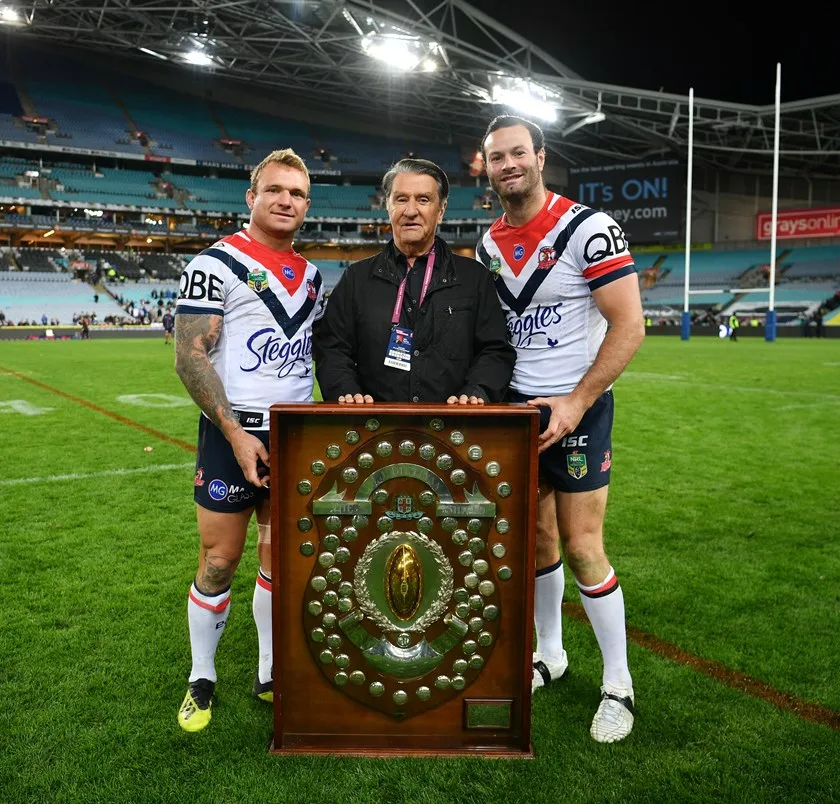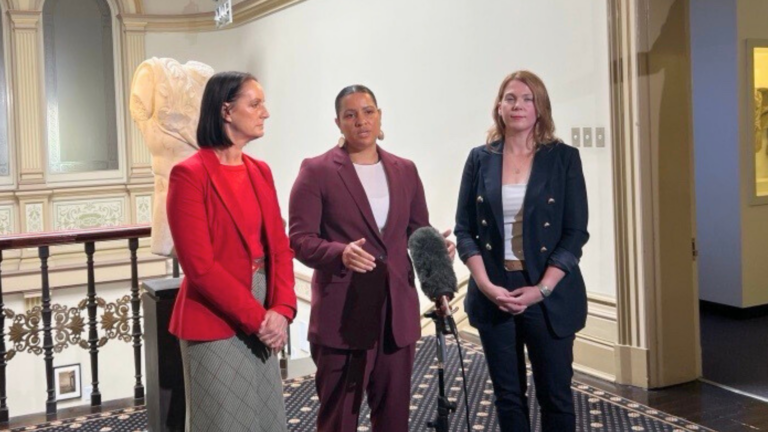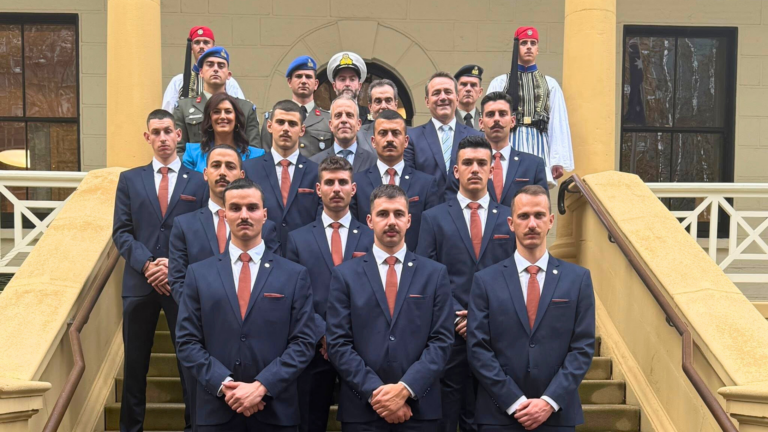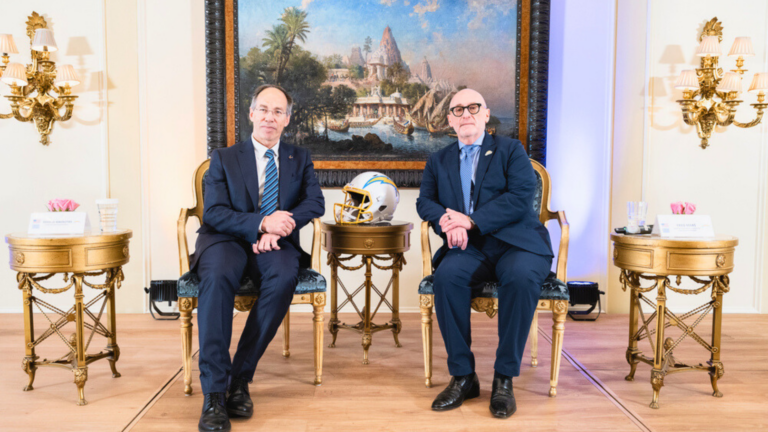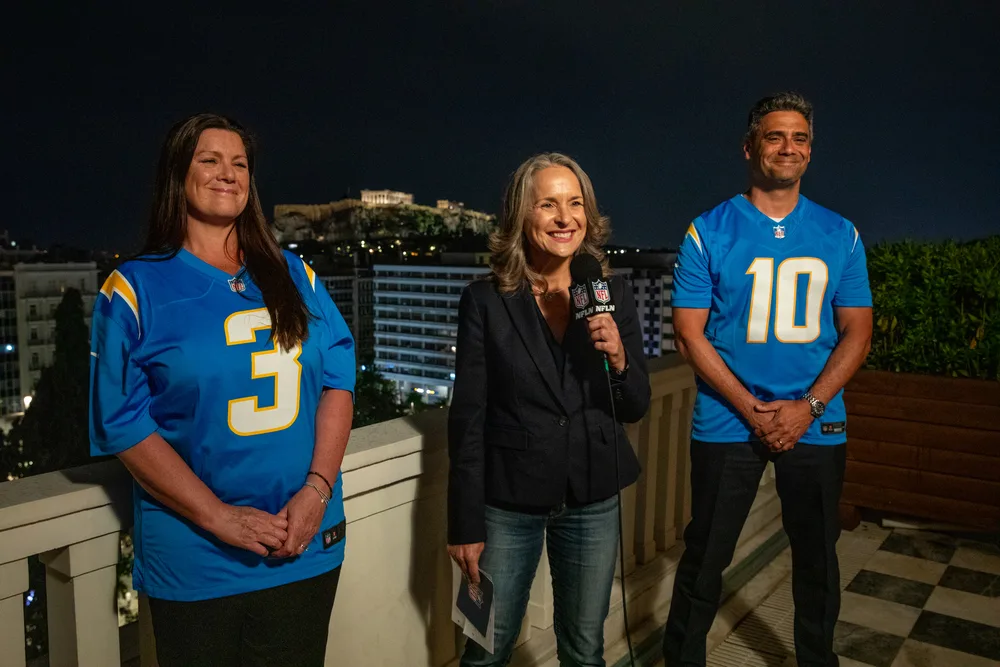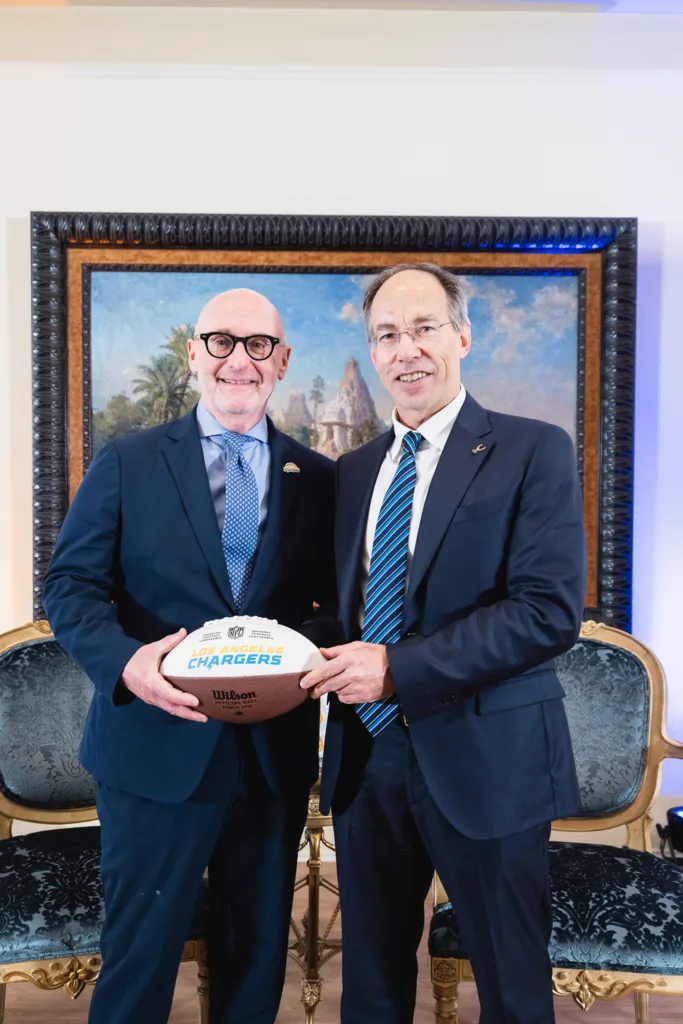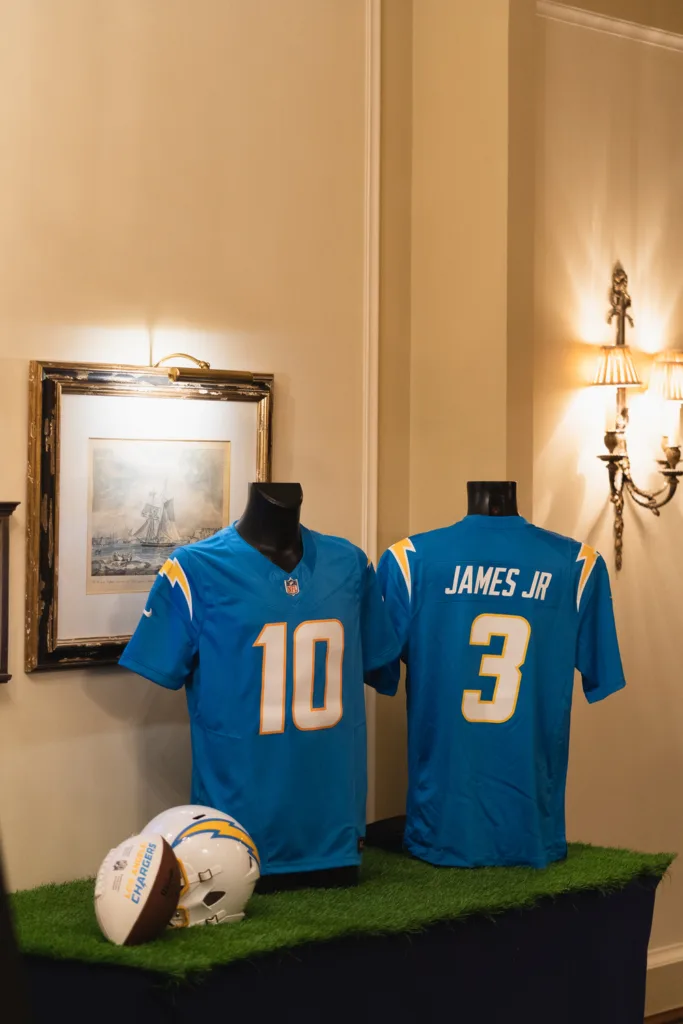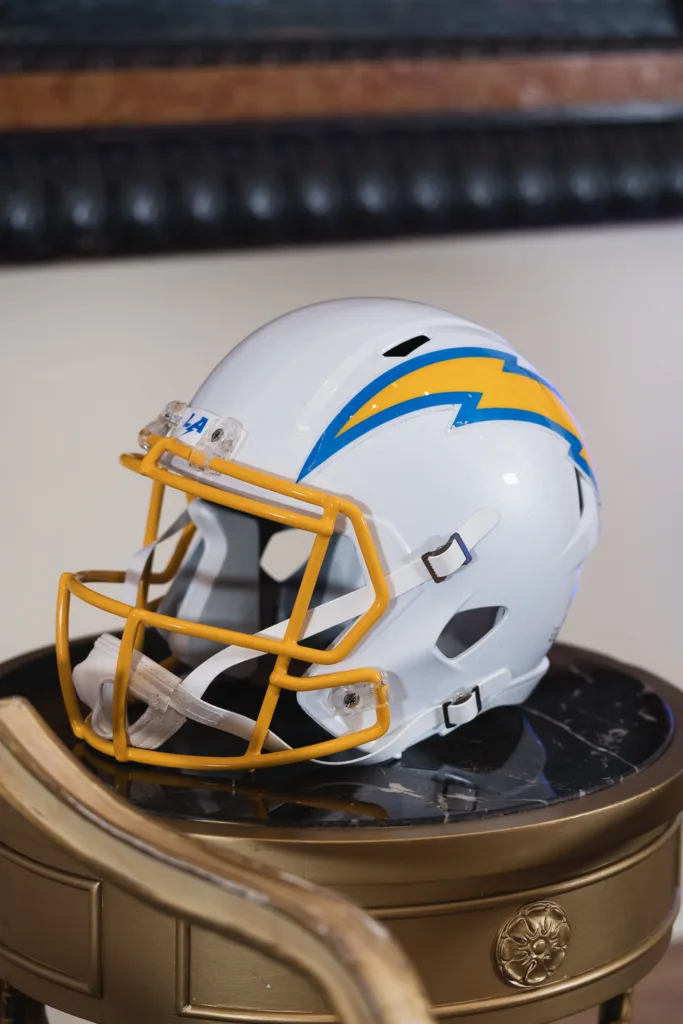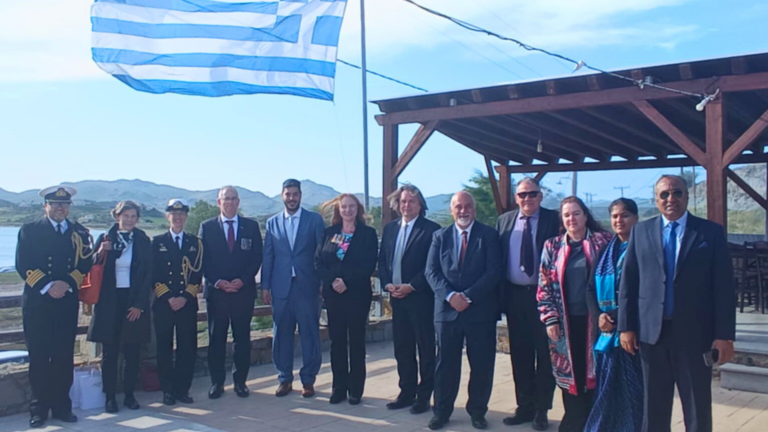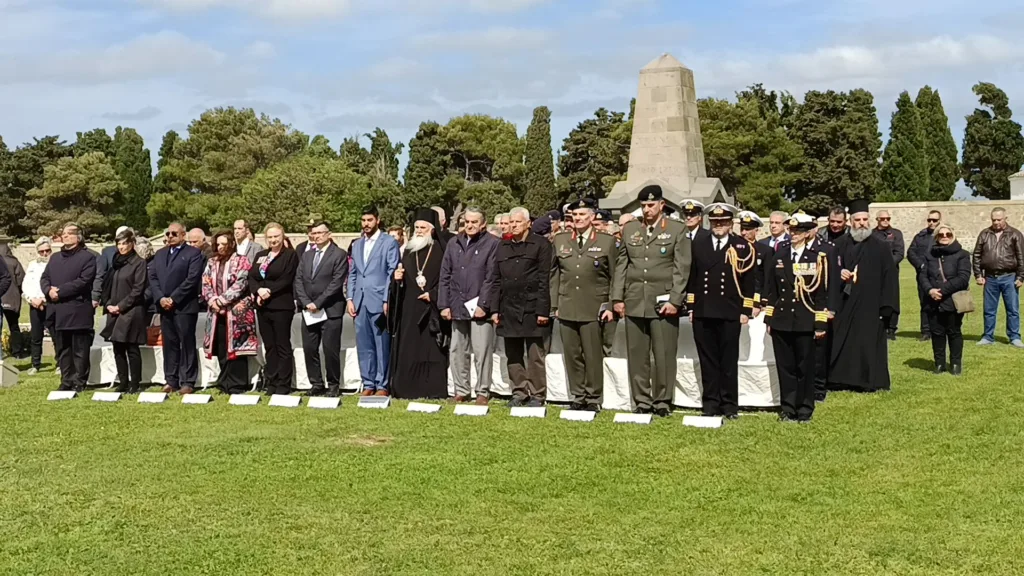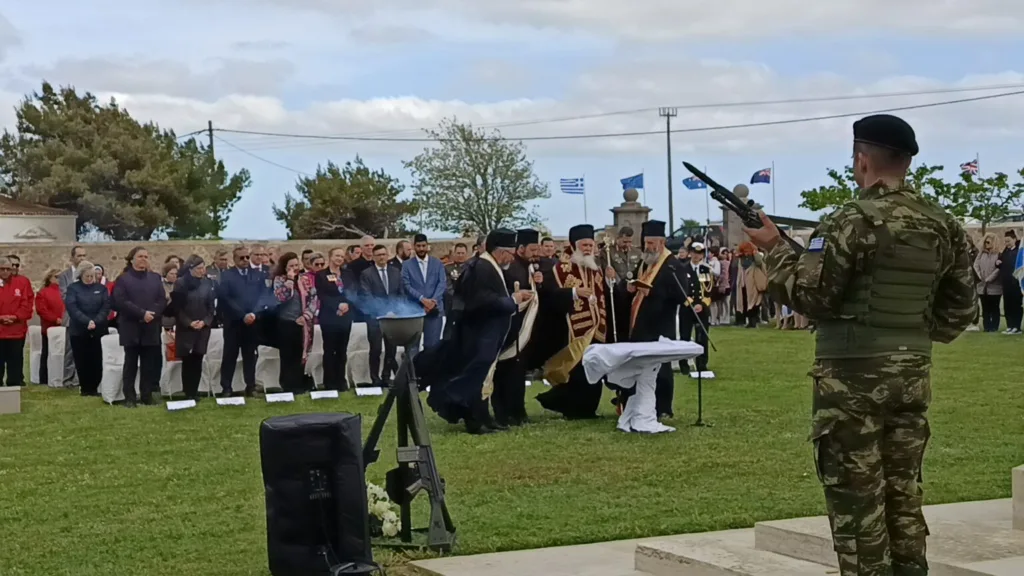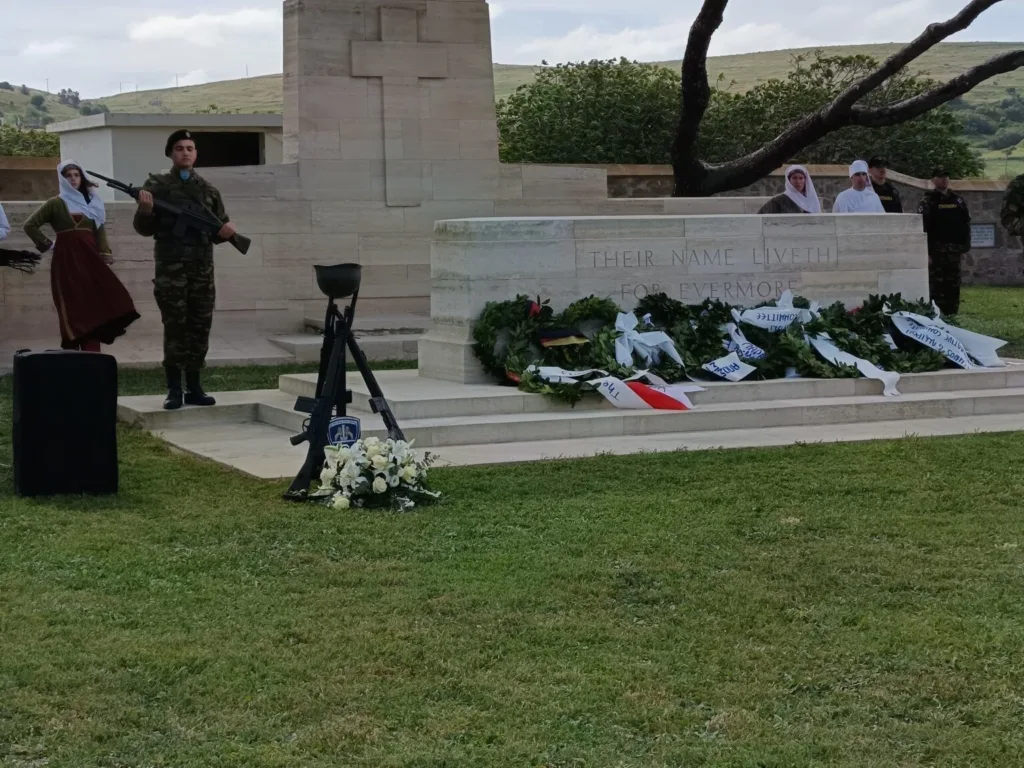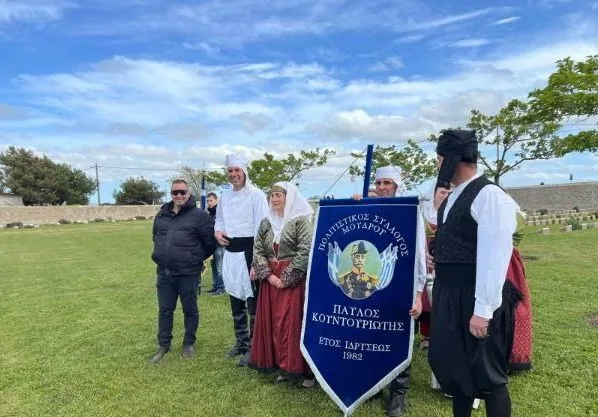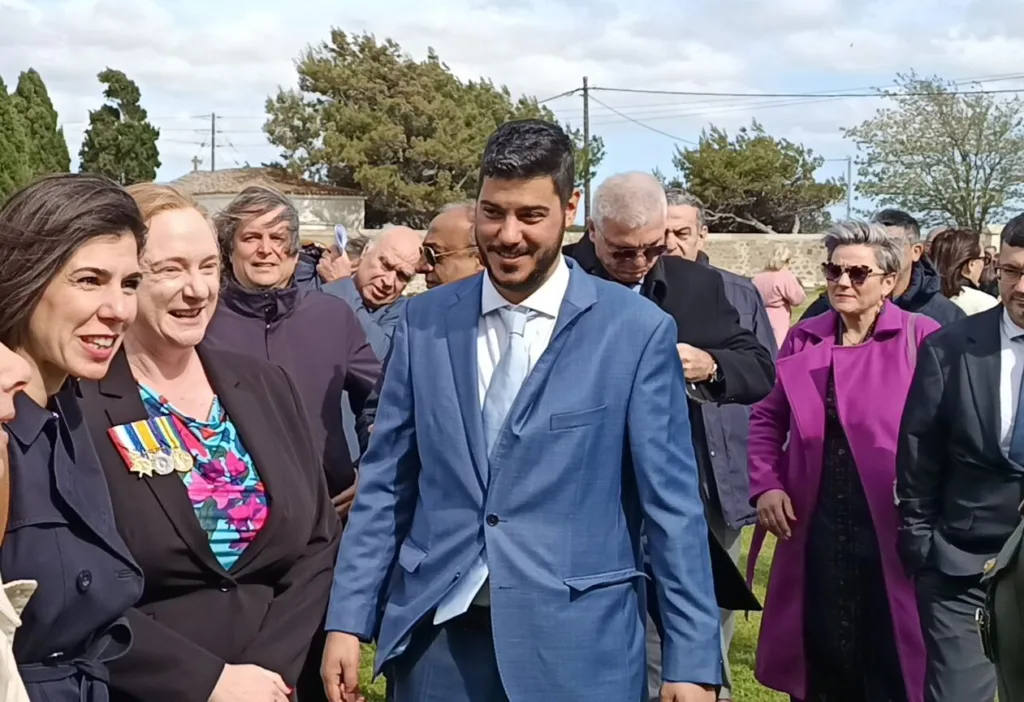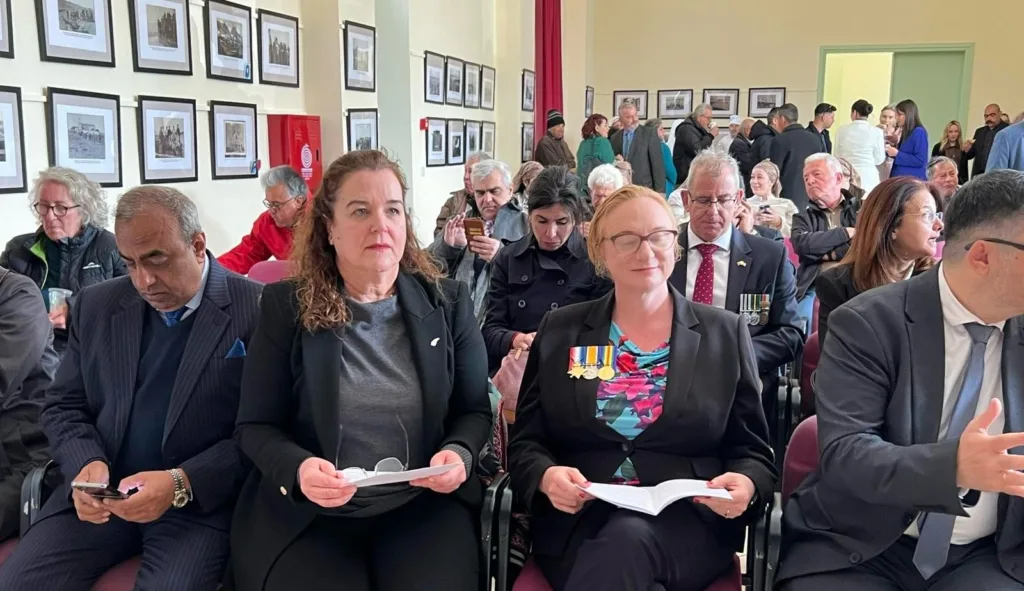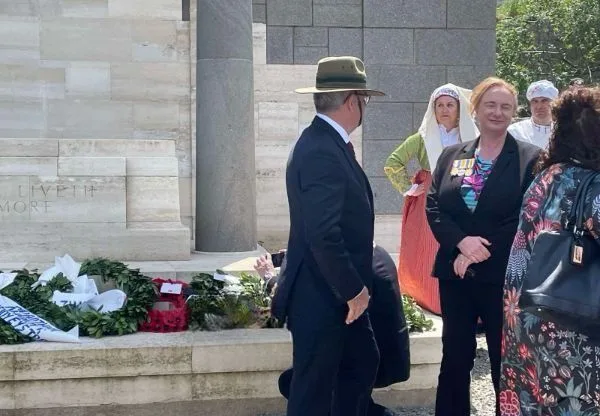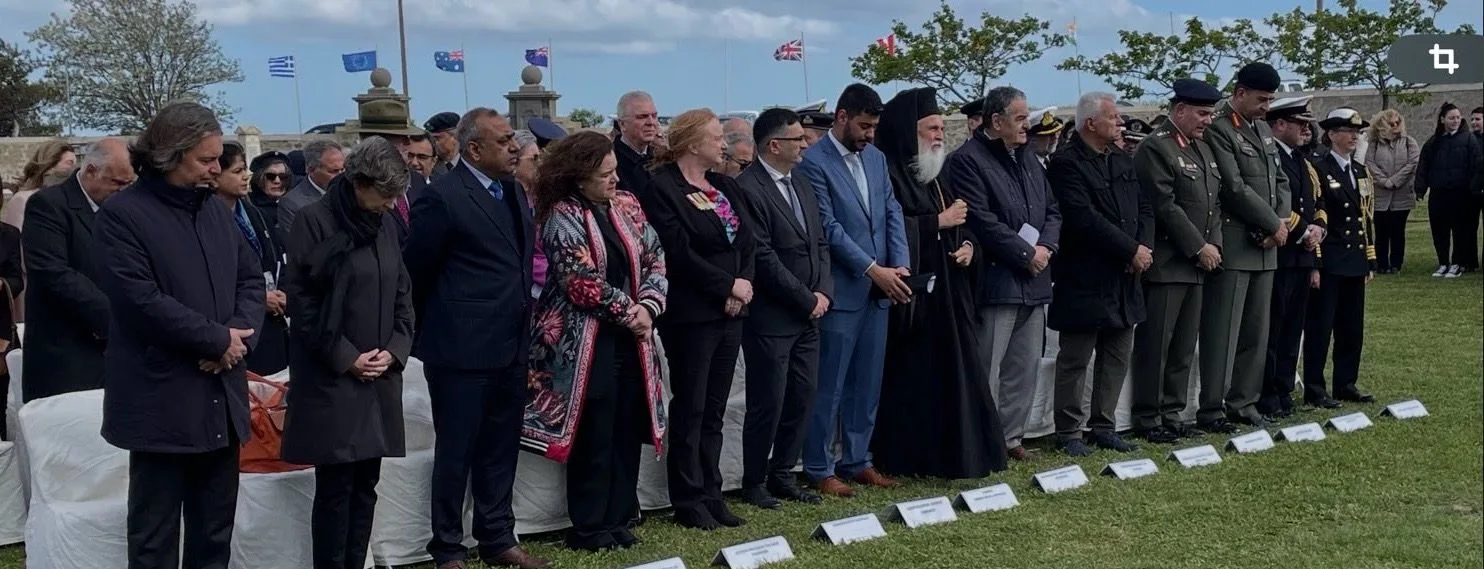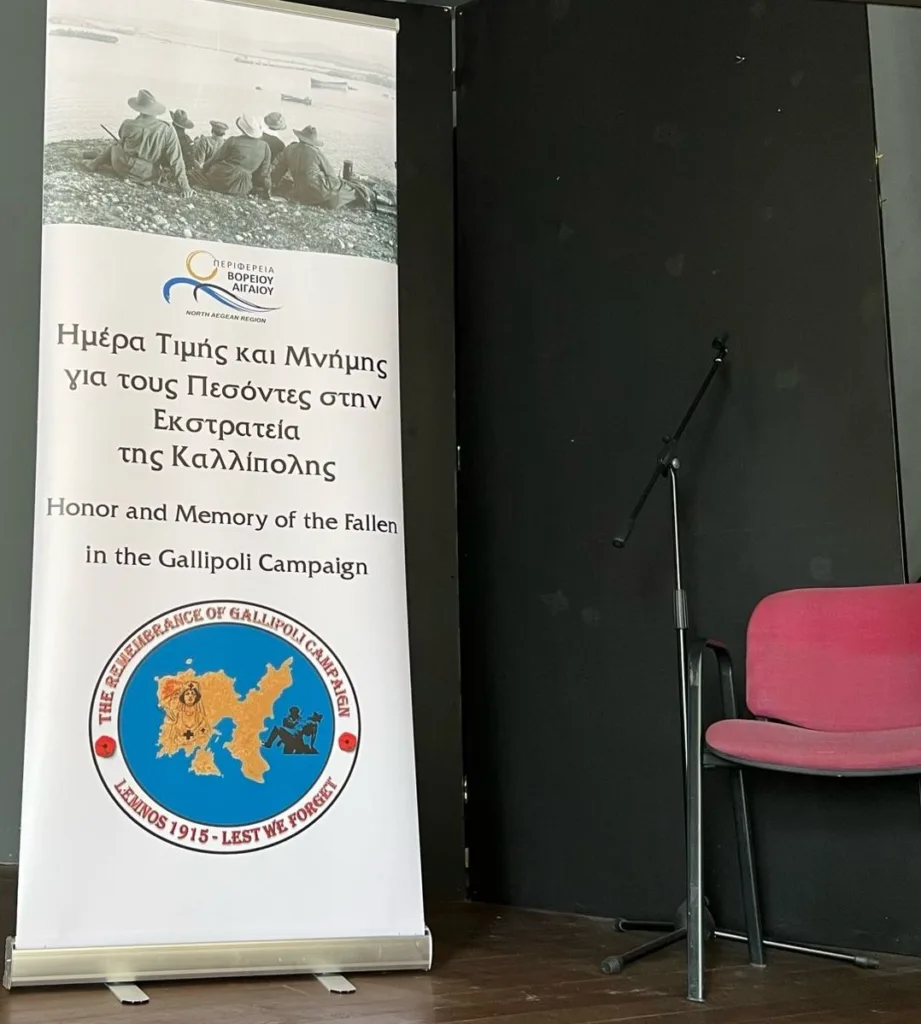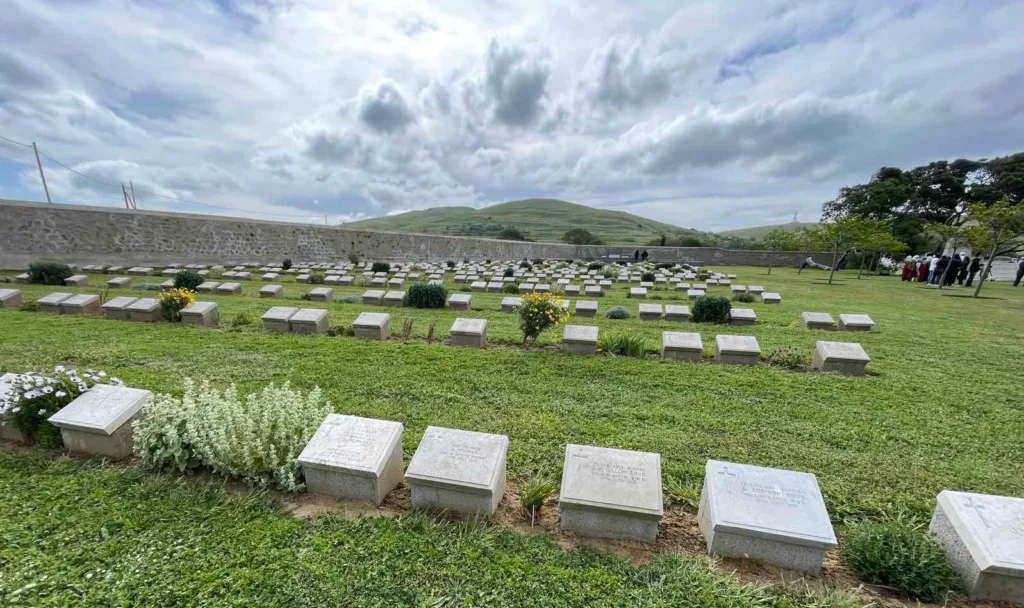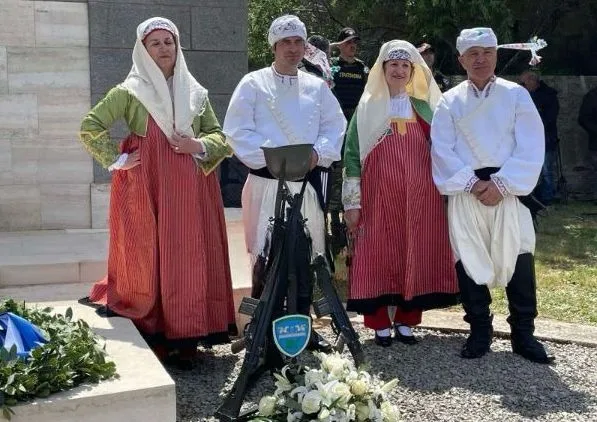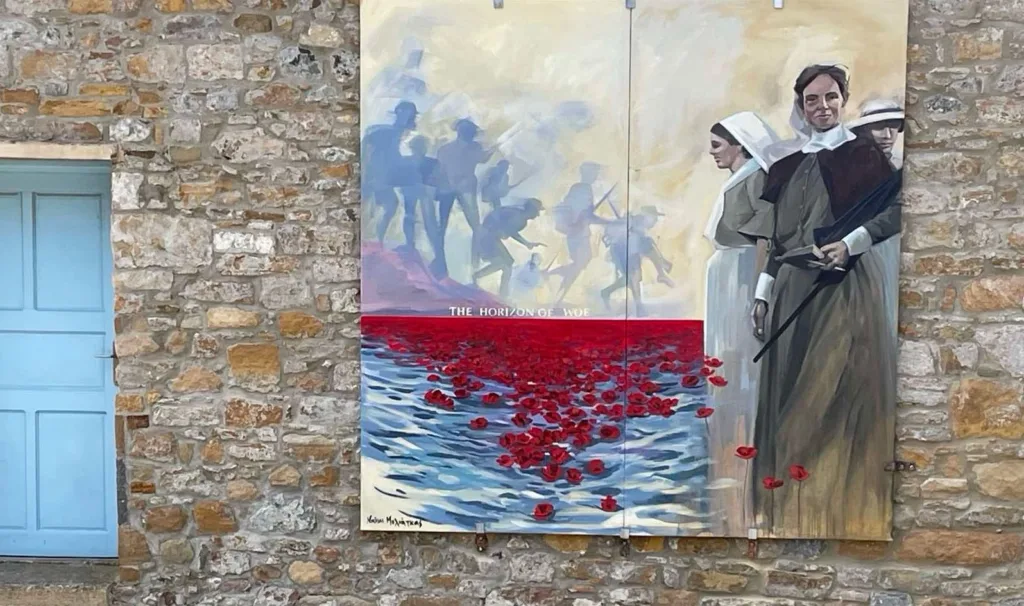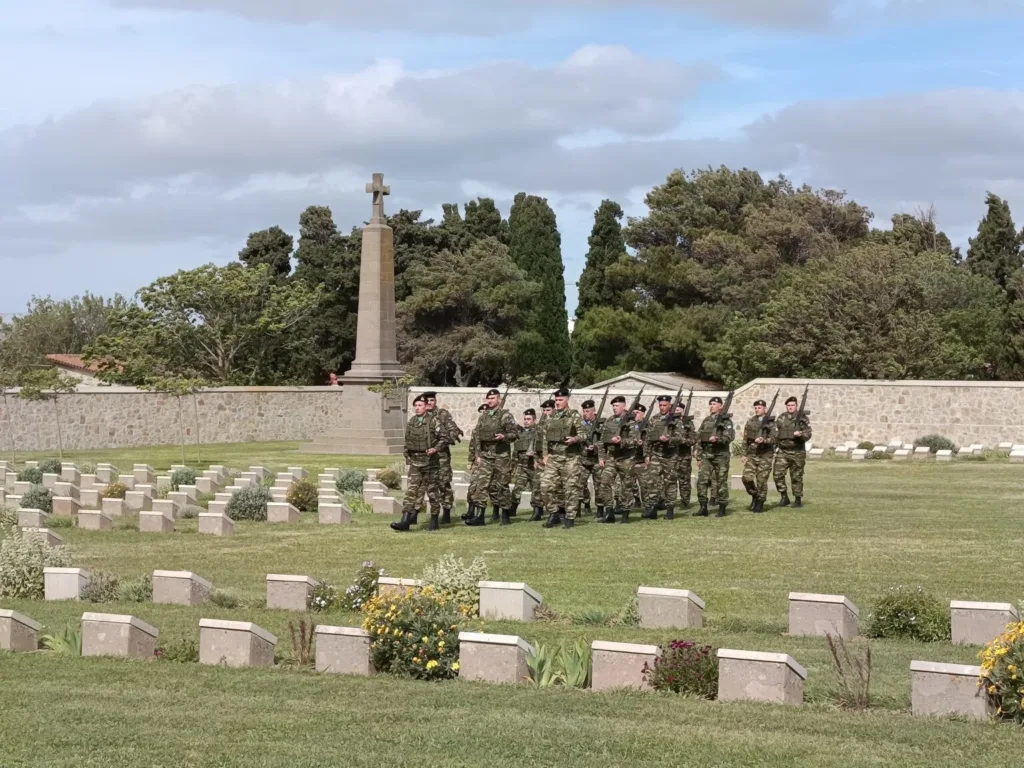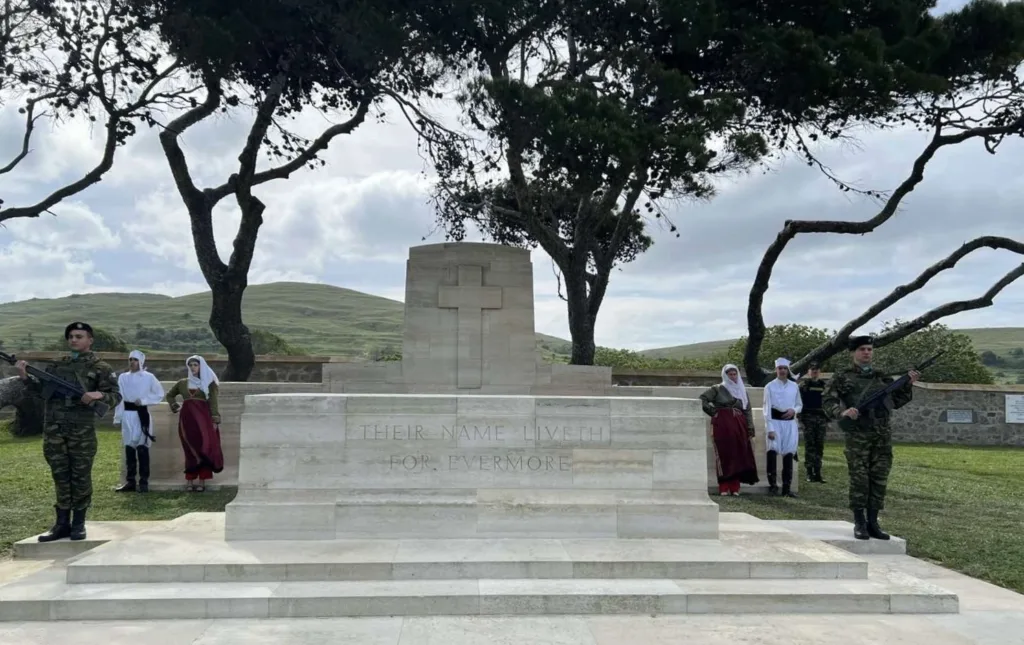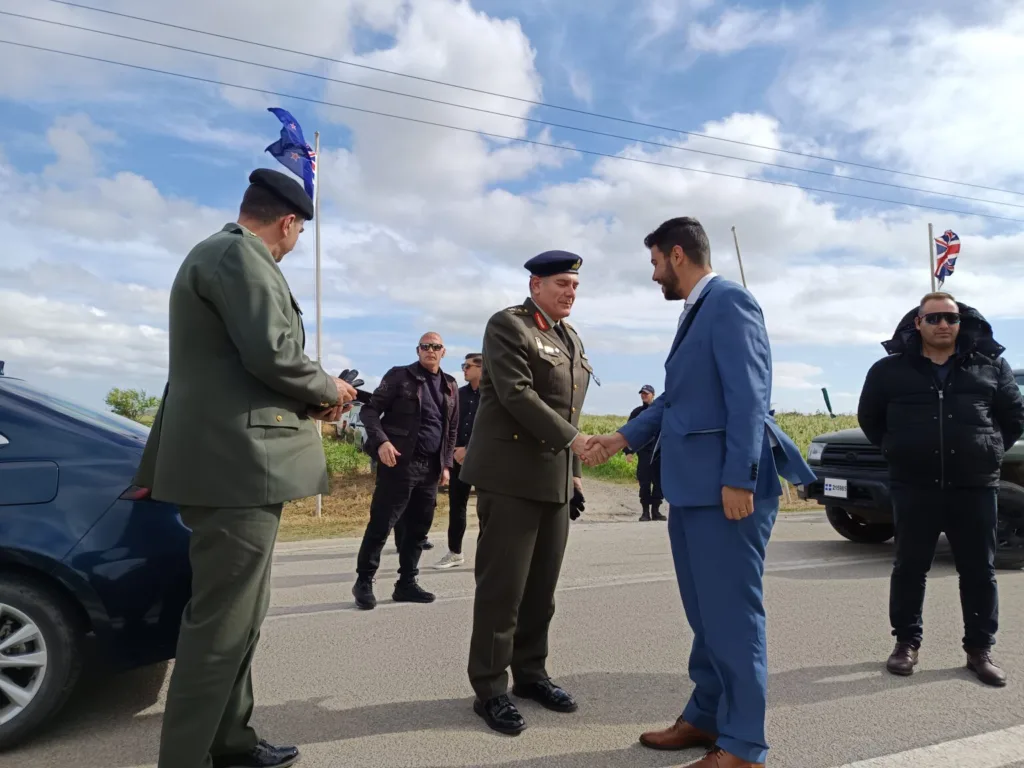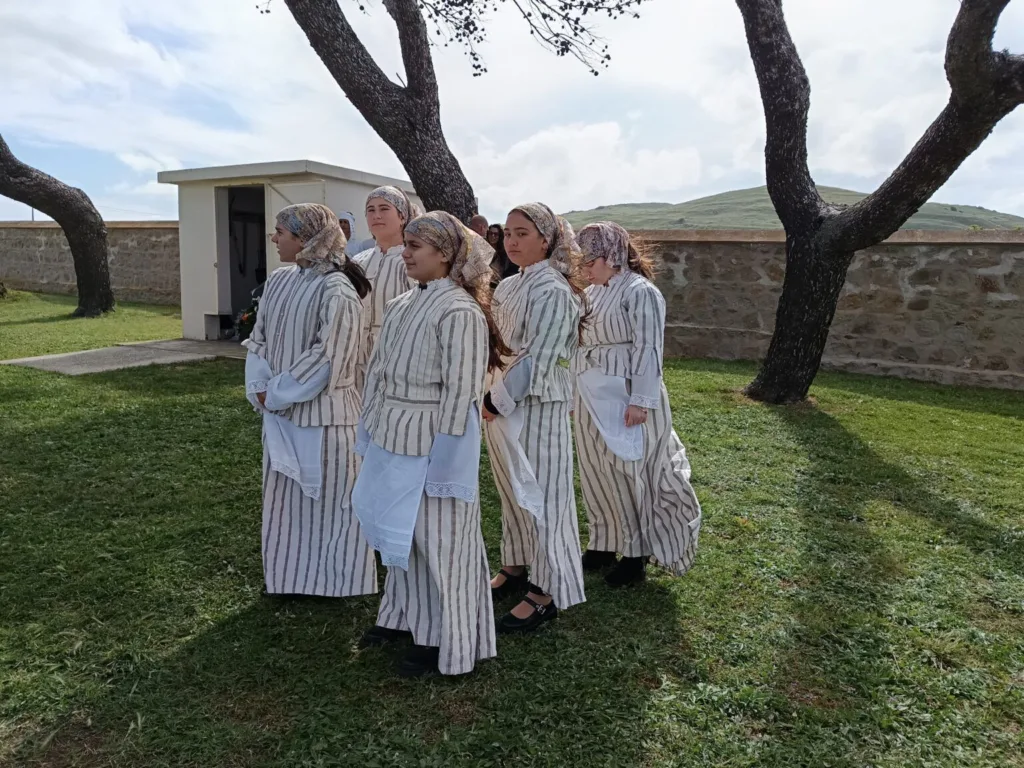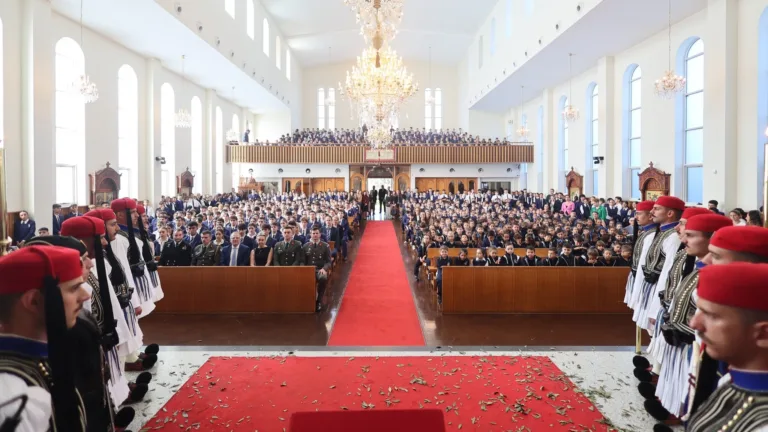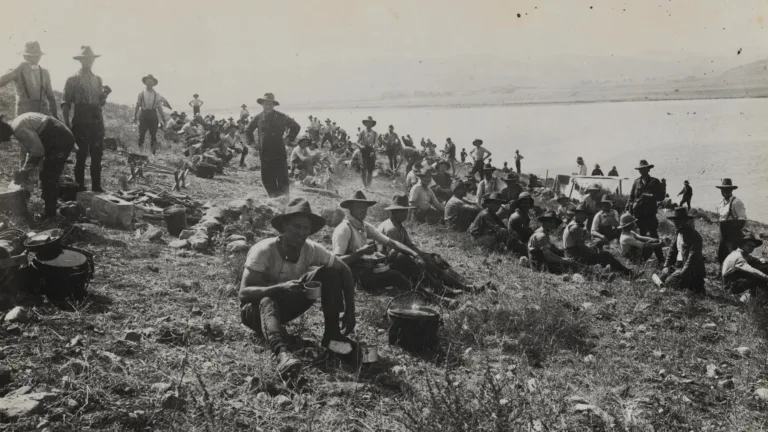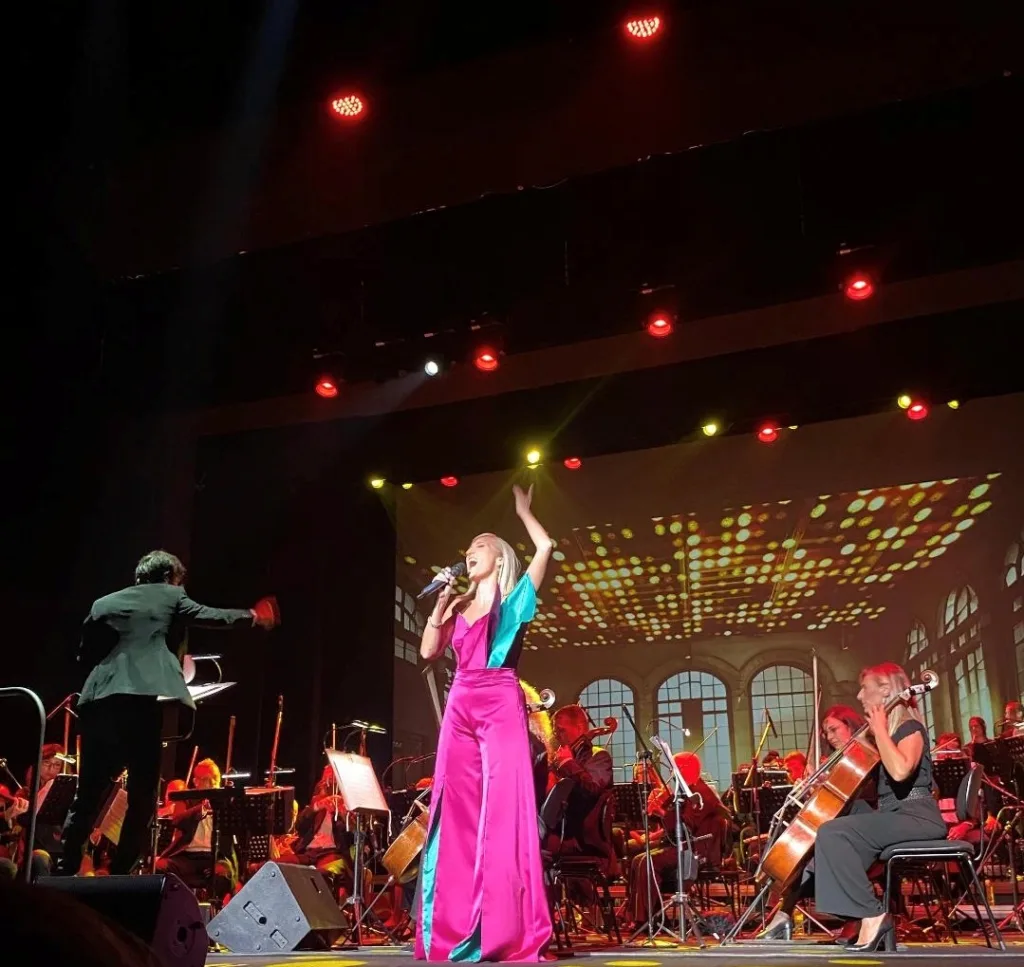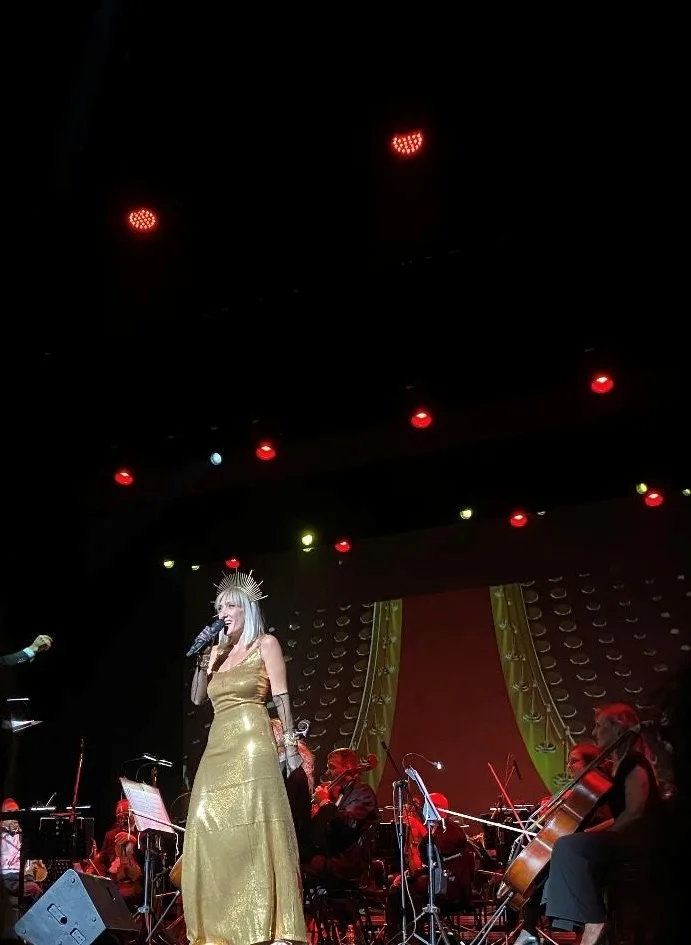The Australian Institute of Macedonian Studies (AIMS) is organising on Friday, July 11, 2025, at the Lyceum Theatre, Alphington Grammar, at 6.30 pm, a special Philological Memorial Ceremony to honour the memory of its first founding Secretary, Peter Jasonides.
The Memorial ceremony for the late Peter, one year after his death, will include a 20-minute lecture by historian Terry Stavridis on Hellenism of Asia Minor.
This will be followed by a salutation by the President of AIMS, Professor Anastasios Tamis, who will refer to the life and contribution of this enthusiastic and energetic leader, who served Hellenism as a leader of the Pontians, as President of the Pan-Macedonian Association, as a leader of the Greek Australian Students, as a founding Secretary of AIMS, as director of the Welfare Program of the Greek Orthodox Archdiocese of Australia in Victoria, as an initiator and communion of Pontian Greek culture and an honourer of its traditions.
The Peter Jasonides Award will then be presented to the student with the highest performance in the Modern Greek course at Alphington Grammar, while a special music group will perform traditional Pontian rhythms during the reception.
Although official invitations will be sent, the Memorial ceremony is open to all those who wish to attend and remember the great contribution of this tireless patriot.
The national and social worker of the Greek community:
Naturally and irrevocably, all those who leave the earthly things, throw relatives, descendants and friends into orphans, deprive all those who have had the happiness to live with them of the right to experience, leave an irreplaceable void that cannot be filled with the tears and sorrow sown by their loss. Their loss throws the people around them into an intense mental and physical test. Fear, irresistible sadness, anger, despair and denial, are some of the emotions experienced by all those left behind to mourn them.
All those who pass away have their own people to weep for them, mourn them and respectfully honour their memory. All those who pass away have their own, unique value, their own sign of dignity and their share of appreciation and respect. All people have their diversity, their otherness, which makes them all important and unique.
However, some transcended personal and family boundaries. They worked and were socially active. They felt that they were serving a debt to the society they were called to serve, or as they matured, they found themselves in various public positions or finally they chose as a purpose in life to serve the commons. Sensitive citizens emerged, people who felt that they were serving specific goals assigned to them by their fellow citizens. And it was this creative and participatory contribution that made them the pioneers of Hellenism. When death comes and deprives these individuals of their presence, then the void outweighs the family dividend, and their loss affects the events of a society.
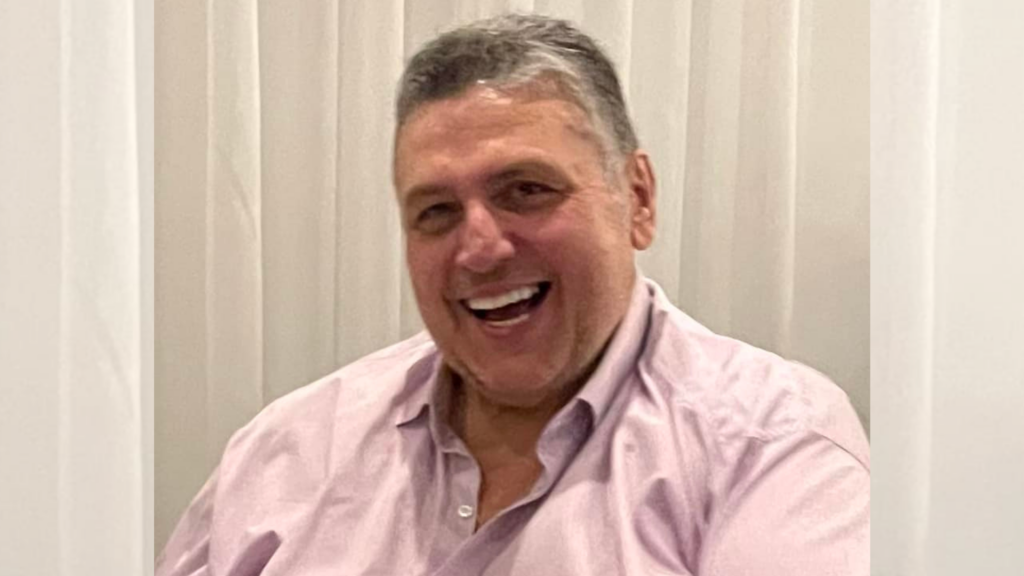
The saying that no one is irreplaceable is a myth and a grim fallacy. This is a deliberately erroneous assessment, aimed at devaluing the work of posterity for these personalities. The history and evolution of humanity have shown that each of the individuals with giving is indeed unique, authentic, and irreplaceable. No one filled Thucydides’ void, no one replaced Phidias, no one filled Aristotle’s void, nor the thousands of men and women who, with their uniqueness, left their own distinct imprint on life. And to come to our own world and our own time, neither new prime ministers, nor new church fathers, nor spiritual men, nor intellectuals and philosophers, nor poets and writers, painters and artists who were able to replace older figures were born. Like those who will follow, they cannot be considered to have filled a gap and replaced their predecessors in art, power, style, quality and vigour.
Thus, the loss of public figures, leaders of communalism, citizens with sensitivities, as in the case of Peter Jasonides, takes on a tragic dimension, precisely because there is no way to find a replacement for him. His action and contribution remained and will continue to remain exclusive, without precedent or next contender. This is because he had a pioneering character, he was authentic, the product of selflessness and patriotism. He had as his source the unwavering love he felt for Greece, a country he did not experience, and for Pontus, an idealised axiom of homeland, in which he studied as a child. The Pontic dialect, the musicality of the dialect, the singing, the rhythm of the lyre and their dances he lived from his cradle, they were native sounds. Inside him lived the historical course of his Pontian ancestors, their testimonies, their tragic journey.
He knew up close and from the inside all those who governed Pontian Hellenism, in Greece, in Europe, in America, their executives and leaders. He was familiar with the actions taking place, the campaigns for domination, the struggles for supremacy. He had direct communication with them.
Galantomos (generous) and master of behaviour, he organised a plethora of cooperative lunches and dinners, visits and consultations, met and co-decided, disagreed and agreed. He was the Archon from Australia. Humble where it should be, strict and compelling, again, where it should be. He had his own opinion and ideas about collegiality, friendship, amity and partisanship.
From a high school student, he still taught the Pontian dances. As a tertiary student, he upgraded culturally the student conferences, which, until he took over the leadership, had only a social role. Assemblies focusing on social wellness and entertainment. Mr Jasonides gave these student gatherings a cultural and historical dimension. He was interested in the promotion of Greek culture and language. He wanted to highlight the cultural role of children born in Australia. He was one of them.
With visibility in management, newspapers, symposia, he won all the leading positions in the Pontian and Macedonian community organisations of Australia. In their Federations, he worked pro bono in dozens of charitable organisations, in unions and associations, even in political party committees. He has delivered decades of service and civic engagement. How many are the young people of the second generation, the Australian born who gave their time and passion for Greece, the Greek communities, the unions, our national issues? Minimum. How many of them reached the entire contribution of Mr Jasonides, who had just begun to turn his hair white, before the psychopomp Hermes took him?
He contributed to the Greek Orthodox Archdiocese of Australia, our historical communities, the student movement, our cultural tradition, education, arts and letters, Greek letters, Australian and Greek organisations, our Cyprus. His vacuum cannot be filled. Mr Jasonides, as well as some special figures who were fortunate enough to live among us, were and will remain irreplaceable and unique.
